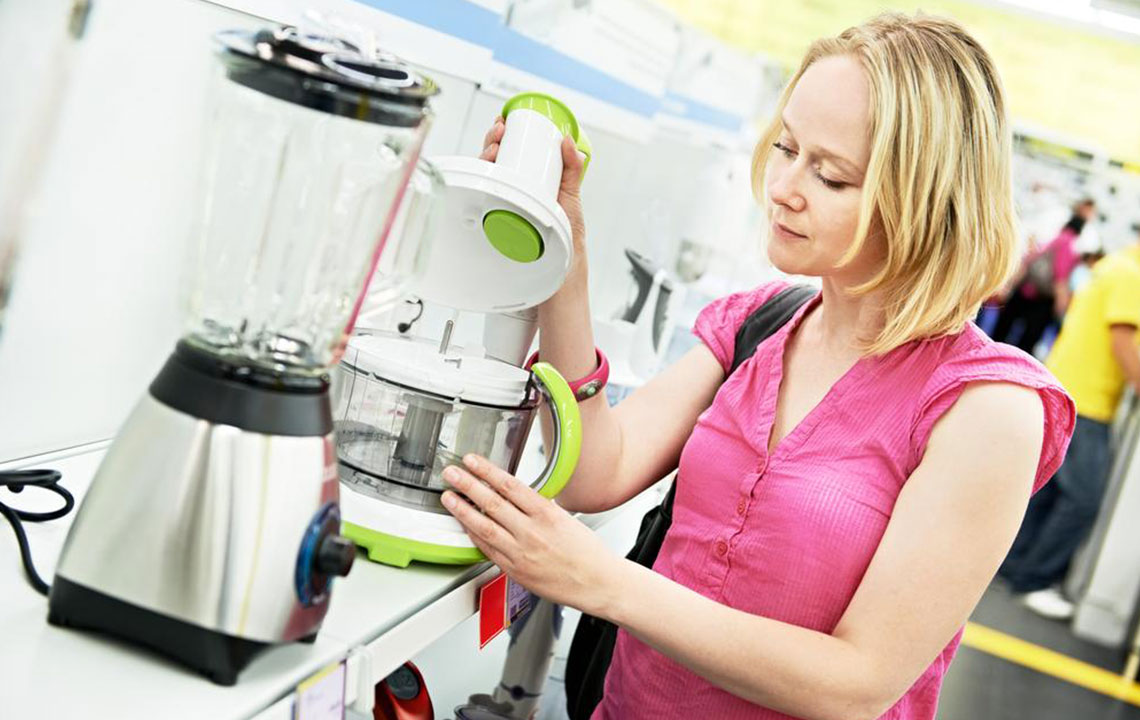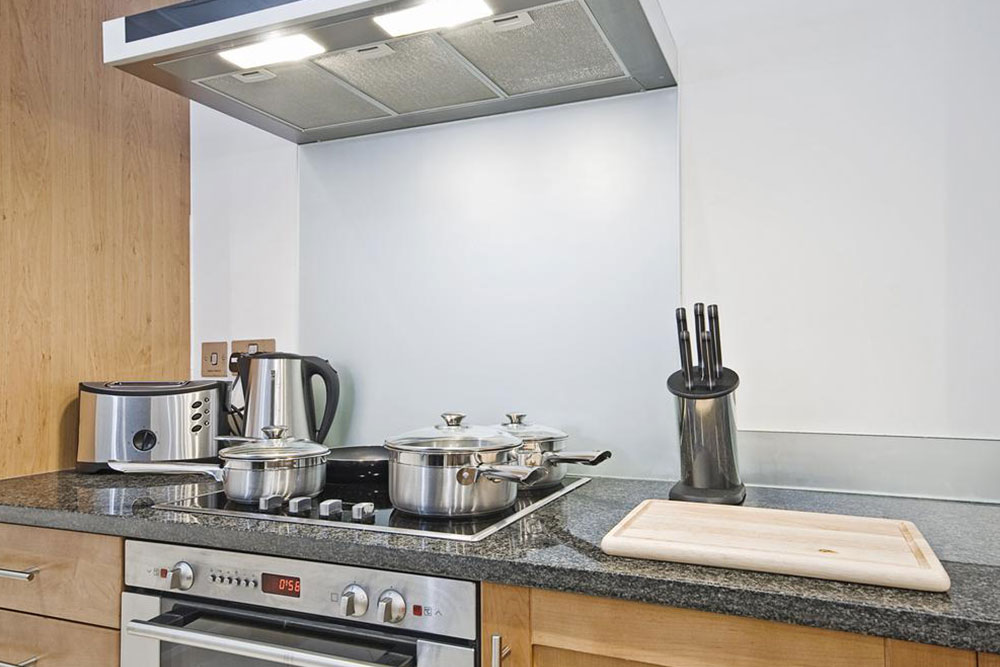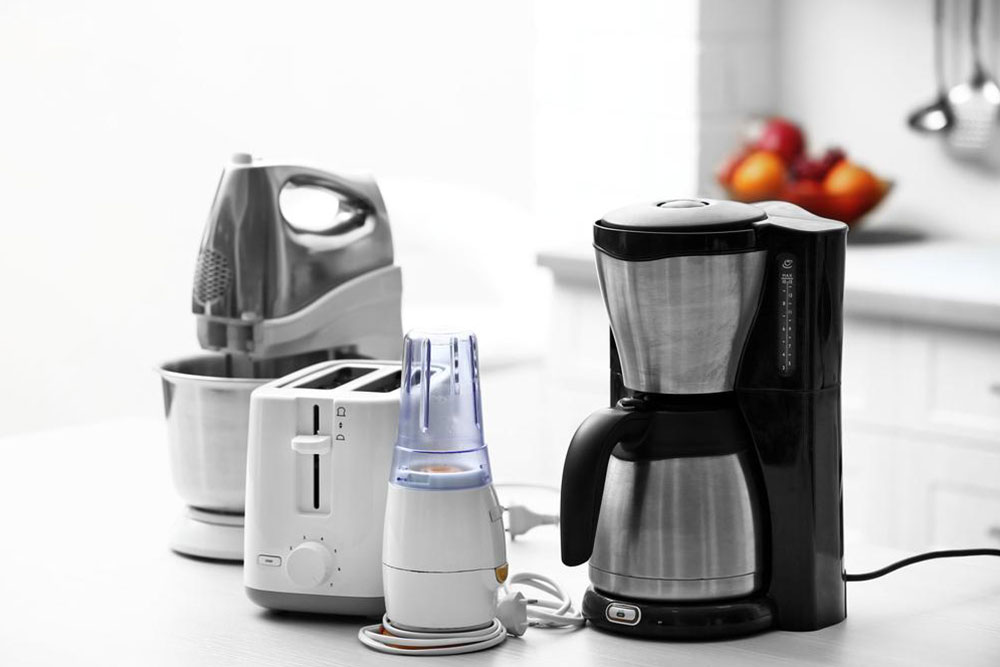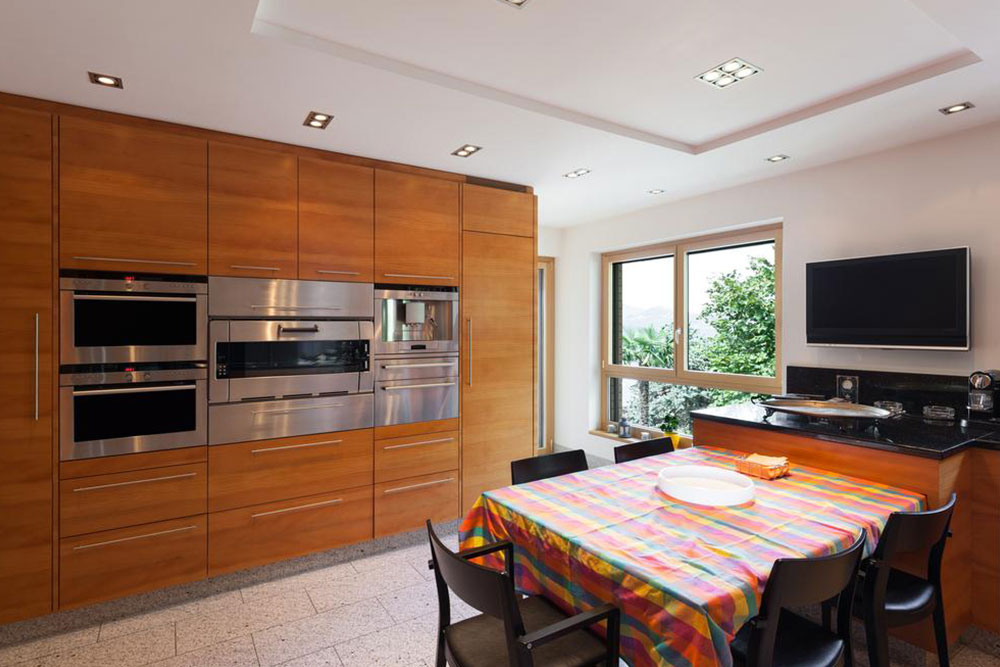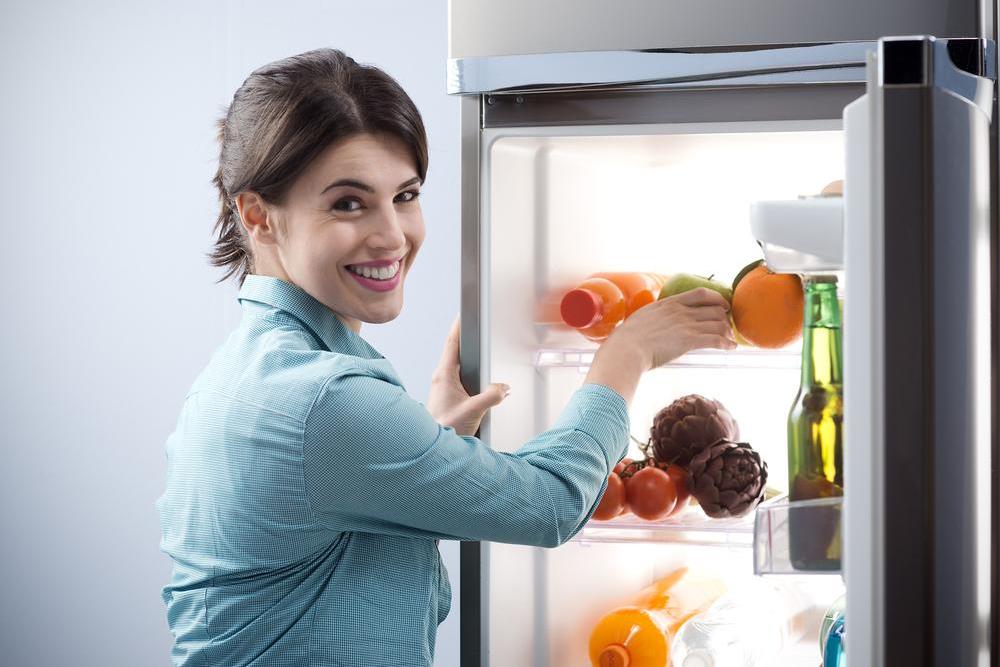Comprehensive Guide to Household Appliance Energy Consumption and Efficiency
This comprehensive guide explores how household appliances consume energy, offering practical strategies to reduce power usage, improve efficiency, and save on bills. Learn about energy labels, average consumption patterns, and effective conservation techniques to create a sustainable, cost-effective home environment.
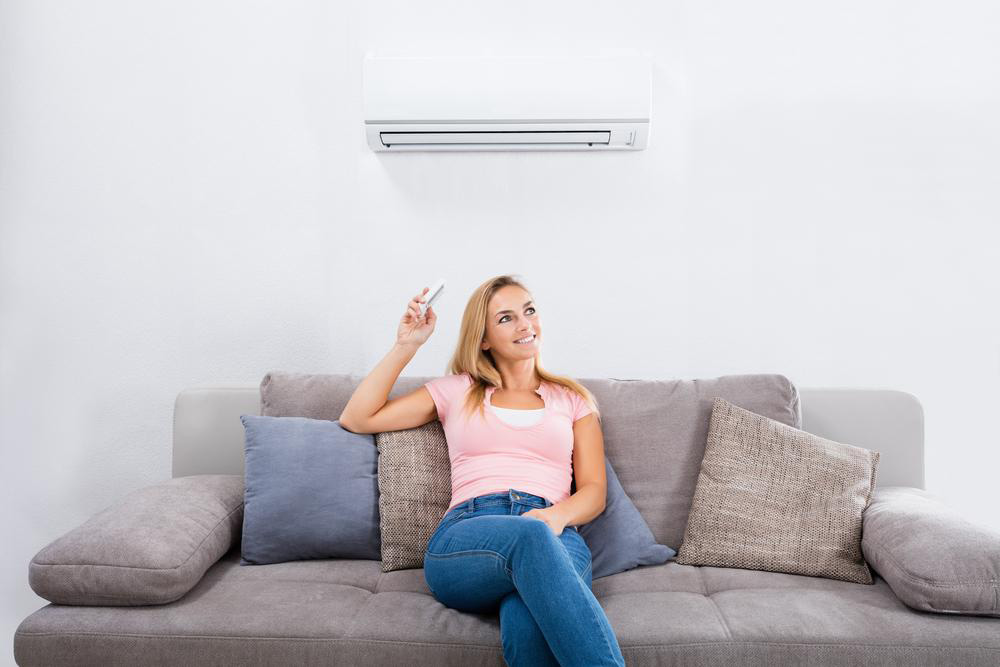
Comprehensive Guide to Household Appliance Energy Consumption and Efficiency
Understanding how household appliances consume energy is a crucial aspect of managing your electricity bill and promoting sustainable living. Every electrical device in your home, from refrigerators to small electronics, has a specific power consumption rate during operation. By gaining insight into these figures, homeowners can better control their energy expenses, reduce waste, and contribute to environmental conservation. This detailed guide explores how to estimate appliance energy use, offers practical tips to cut down power consumption, and discusses the benefits of upgrading to energy-efficient technology.
Techniques to Measure and Estimate Household Appliance Power Use
One of the most effective ways to understand your home's energy profile is by reading the energy labels typically found on new appliances. These labels provide estimated power consumption figures and operational costs, assisting consumers in choosing models that align with their energy-saving goals. Energy labels often feature metrics such as kilowatt-hours (kWh) used annually or monthly, along with efficiency ratings.
Beyond relying solely on labels, installing a dedicated home energy monitor offers precision in tracking each device's electricity usage. These devices connect to your electrical panel and provide real-time data, highlighting what appliances consume the most power. By monitoring consumption, you can identify inefficient devices, manage usage better, and implement targeted energy-saving strategies. Such insights enable data-driven decisions that lead to significant reductions in energy bills over time.
Typical Power Consumption Patterns of Common Household Appliances
Understanding the average energy consumption of common appliances can help set realistic expectations for your household's electricity use. Here are some typical figures:
Water Heaters: These are among the highest consumers, typically using between 380 and 500 kWh monthly, which translates to roughly $41 to $55 in electricity costs, depending on local rates.
Microwave Ovens: A microwave used for 5 minutes consumes about 0.12 kWh, costing approximately $0.01 per session. Regular use results in minimal additional expense but can add up over time.
Coffee Machines: Similar to microwaves, coffee makers consume roughly 0.12 kWh per brew, translating to about $0.01 per cup, making them cost-effective and energy-efficient.
Laptops and Computers: These devices draw between 0.02 and 0.05 kWh per hour of use. The energy cost remains low, often less than $0.01 per hour, especially with energy-efficient models.
Practical Tips to Reduce Household Power Usage
Reducing your energy consumption doesn't require costly upgrades; many strategies are simple and cost-effective. Here are some practical tips:
Limit Phantom Loads: Unplug devices in standby mode, such as chargers, TVs, gaming consoles, and routers, when not in use, to prevent unnecessary power draw.
Mind Your Lighting: Switch out traditional incandescent bulbs for energy-efficient LED lighting. LEDs consume less power, last longer, and reduce overall lighting costs.
Insulate Water Heaters and Pipes: Proper insulation minimizes heat loss, reducing the amount of energy needed to maintain water temperature.
Upgrade Appliances: If your appliances are outdated, replacing them with newer, ENERGY STAR-rated models can markedly decrease energy usage and increase efficiency over time.
In addition to appliance upgrades, simple behavioral changes can make a big difference. Use appliances during off-peak hours when electricity rates may be lower. Always run dishwashers and laundry machines with full loads to maximize efficiency. Also, consider programmable thermostats for your heating and cooling systems to optimize energy use based on your schedule.
Energy Conservation Strategies for the Home
Besides focusing on appliances, adopting comprehensive energy conservation strategies can lead to substantial savings. Here are some effective methods:
Unplug Non-Essential Devices: Devices like stereos, clocks, and remote controls should be unplugged when not in use to prevent idle energy consumption.
Maintain HVAC Systems: Regularly cleaning or replacing air filters ensures your cooling and heating systems operate efficiently without unnecessary strain.
Optimize Refrigeration: Keep refrigerators and freezers well-organized and avoid overstuffing, as proper air circulation improves efficiency.
Use Smart Home Technologies: Investing in smart thermostats and home automation systems allows precise control over energy use, adjusting settings based on occupancy and preference.
Furthermore, enhancing your home's insulation—attic, walls, windows, and doors—significantly reduces the load on heating and cooling appliances. Passive solar design elements, such as strategic window placement and shading, can harness natural light and temperature regulation, decreasing reliance on artificial heating or cooling systems.
Long-Term Benefits of Energy Efficiency
Adopting energy-saving practices and upgrading to efficient appliances offer numerous benefits beyond just reducing electricity bills. These include:
Environmental Impact: Lower energy consumption decreases greenhouse gas emissions, contributing to a healthier planet.
Energy Independence: Reducing reliance on the grid can protect your household from rising energy prices and supply disruptions.
Increased Home Value: Modern, energy-efficient appliances and insulation can boost property appeal and market value.
Comfort and Convenience: Modern appliances operate more silently, efficiently, and reliably, enhancing your overall home comfort.
In conclusion, understanding and managing your household's energy consumption is fundamental to reducing costs and environmental impact. With a combination of smart monitoring, behavioral changes, and appliance upgrades, you can create a more energy-efficient home that benefits your wallet and the planet alike.

